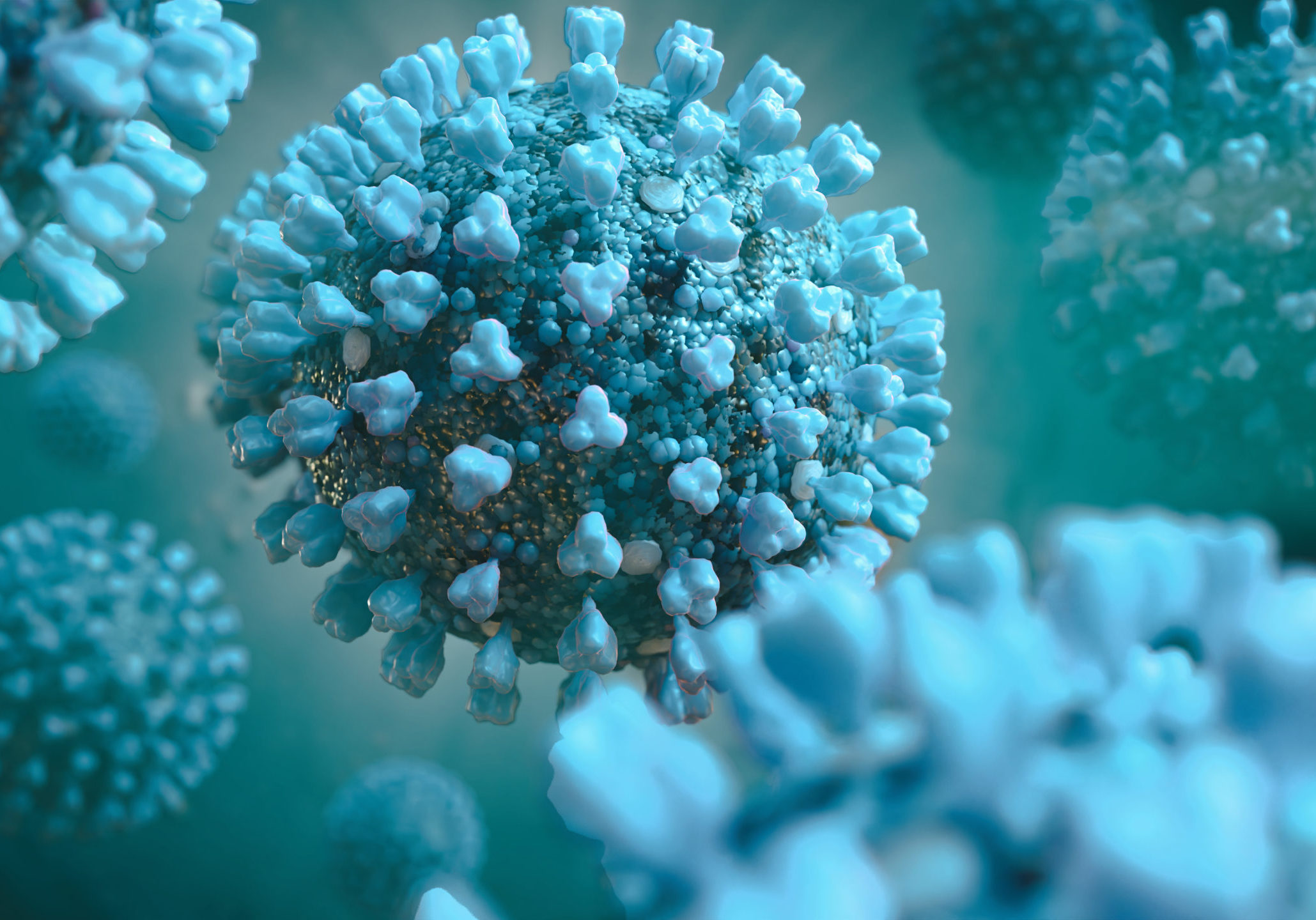EDGI AUS during the COVID-19 pandemic

With many people self-isolating at home during the COVID-19 pandemic, now is a great time to take part in the Eating Disorders Genetics Initiative (EDGI) study, especially if you find yourself with extra time on your hands. Participating in this study could make a genuine contribution to the diagnosis, management and treatment of eating disorders.
So what does participating in the study involve?
- Study participation involves providing informed consent and completing our online survey, which should take approximately 40 – 60 minutes.
- After completing the survey, eligible participants will be asked to donate a saliva sample.
- Researchers will send a saliva collection kit together with a pre-paid return envelope to selected participants.
- EDGI researchers will extract DNA from saliva samples to identify specific genes associated with eating disorders.
We have made modifications to our procedures, ensuring that we can still safely and securely collect saliva samples from you. Once you have completed the online survey our team will be in touch with you to explain this step in more detail.
It is important to realise that throughout the COVID-19 pandemic people are continuing to live with a plethora of non-COVID-19 related health problems. We hope you will take this opportunity to help our vital research into eating disorders.
If you have experienced anorexia nervosa, bulimia nervosa or binge eating disorder, please click here to volunteer for EDGI AUS today.
If you have concerns or questions, feel free to contact us at edgi@qimrberghofer.edu.au.
News
- « Previous
- 1
- 2
- 3
- 4
- Next »
Participant Stories
Sorry, we couldn't find any posts. Please try a different search.





